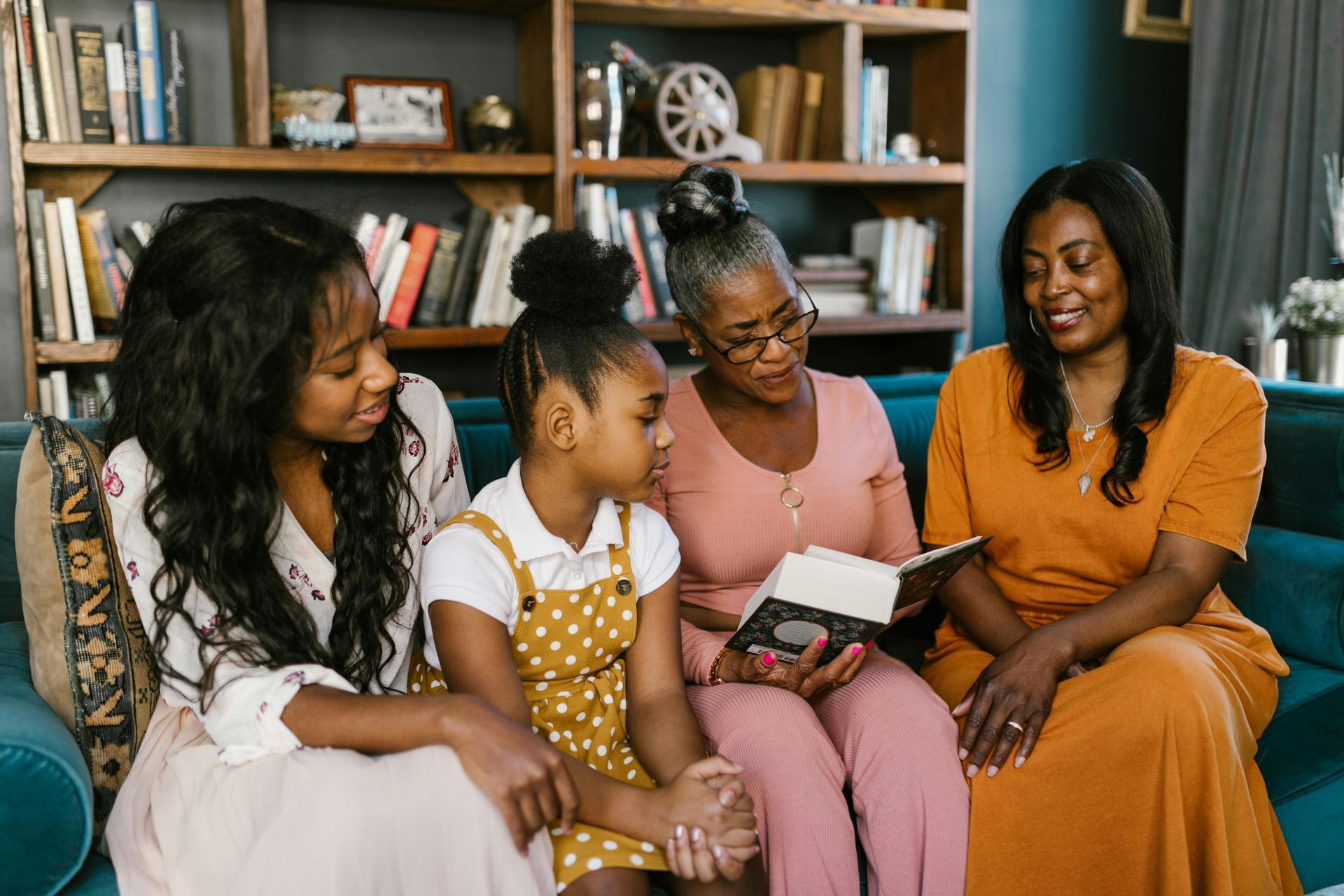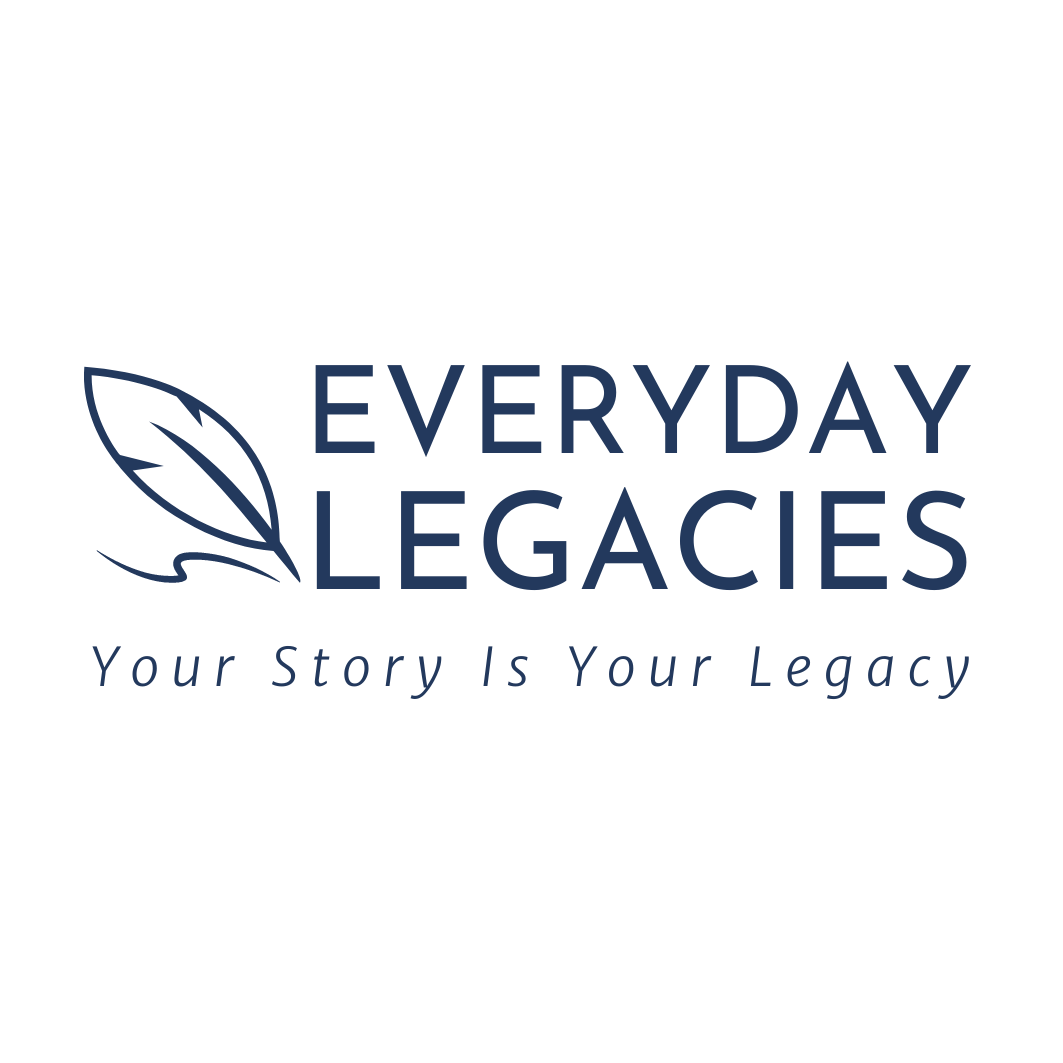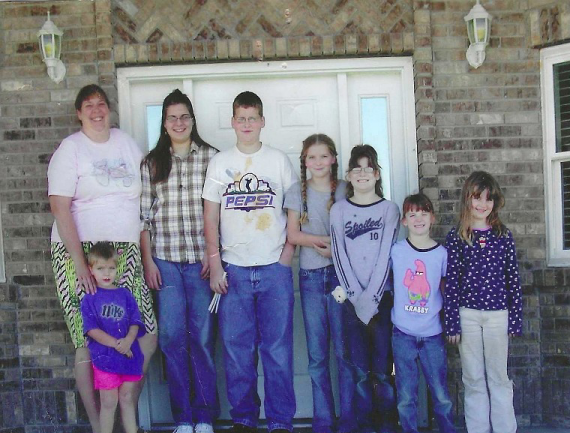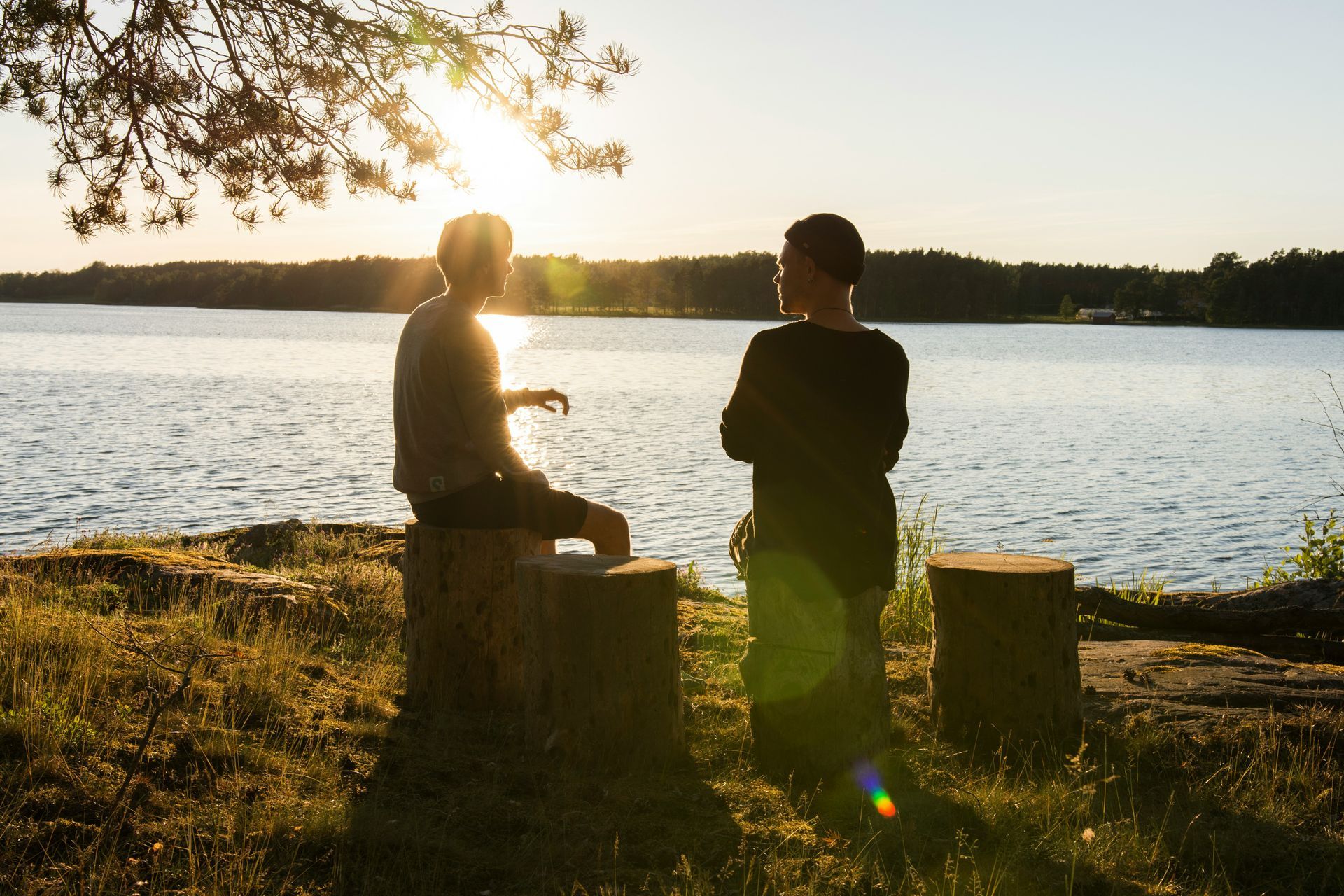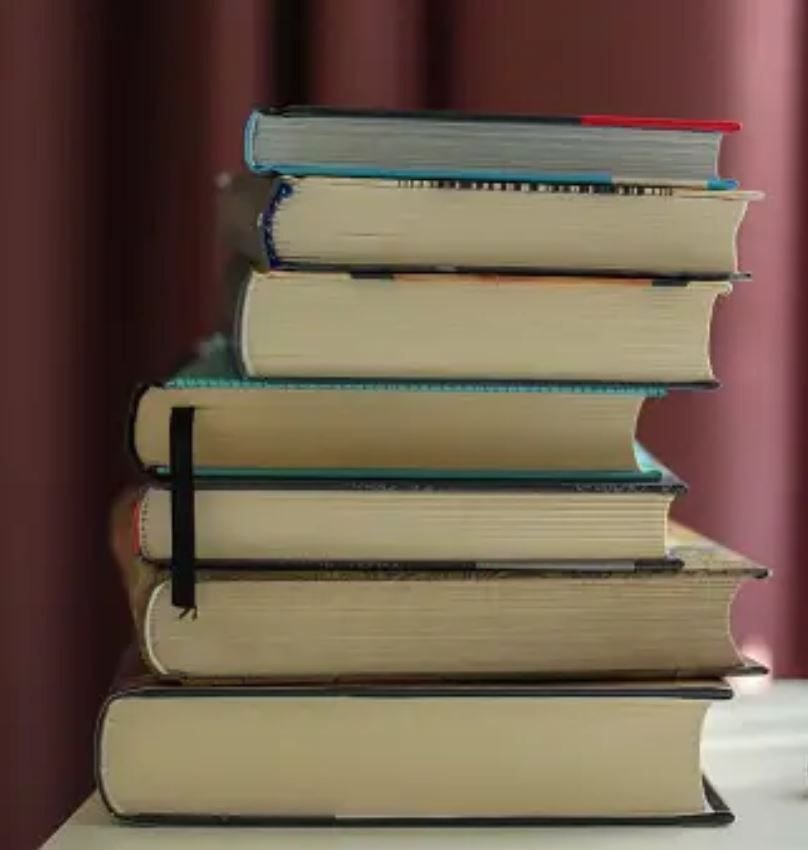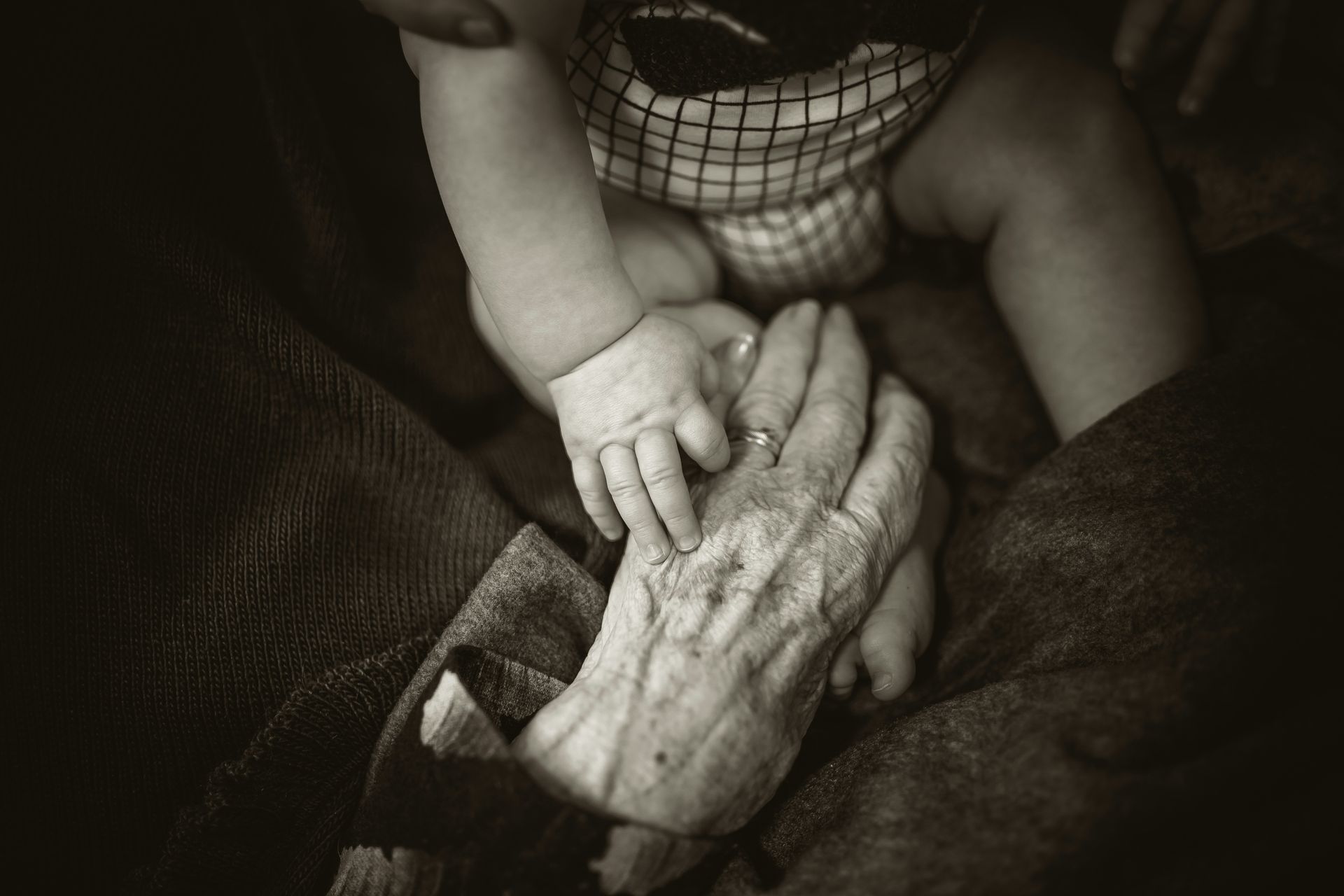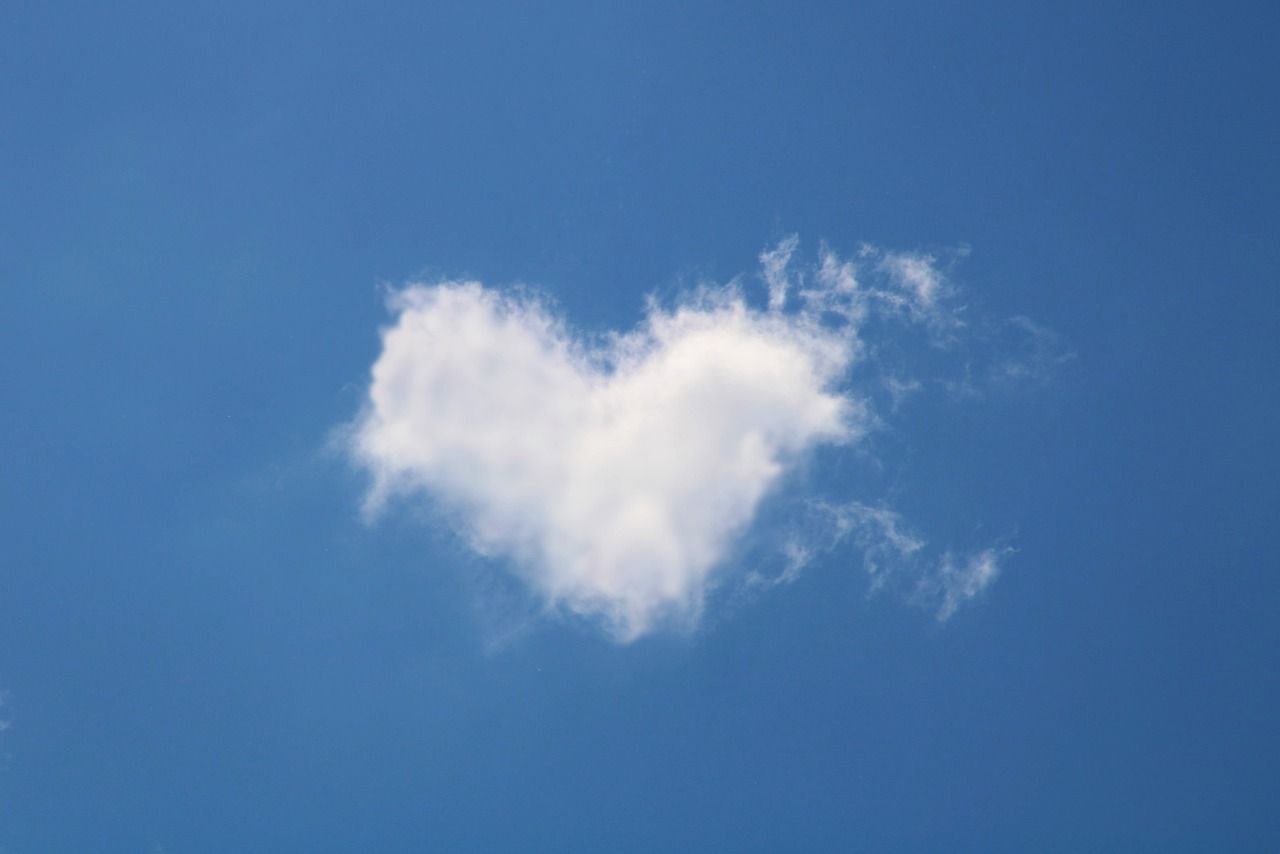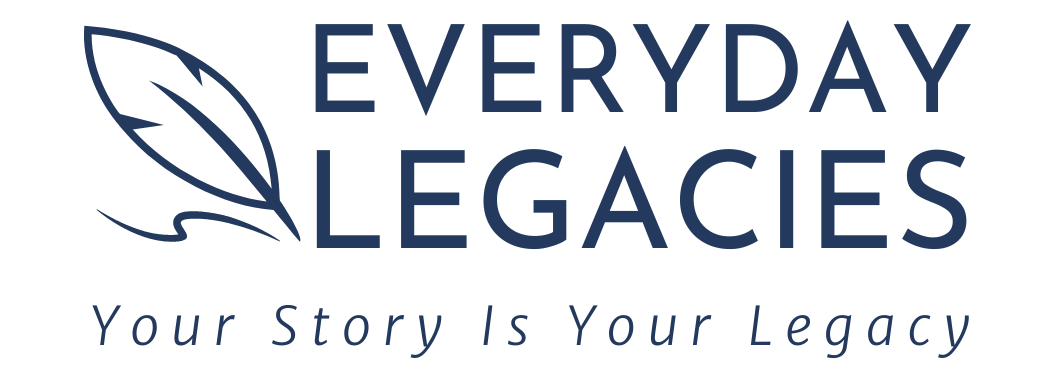What My Grandfather Taught Me About Inheritance
Hi friends,
I know—it’s been a while.
A few years ago, I started writing weekly newsletters to share thoughts on personal history, legacy, and family connection.
Then… life happened.
I had a baby. My husband had surgery. I didn’t sleep for a year (thank you, new baby). We lost two family members. Meanwhile, my business was growing faster than ever.
I’ve missed writing regularly—and I have pages and pages of ideas I want to share with you.
This week marks my commitment to begin again, and I want to start with something I’ve changed my mind about recently—something that’s shifted the way I think about legacy, family, and what we leave behind.
For a long time, I did not believe in inheritance. Not because I thought it was wrong, necessarily, but because it wasn’t a concept that applied to me.
I grew up in a family that didn’t have much. My parents and extended family prioritized self-reliance, hard work, and independence. The message I internalized early on was that if you wanted something in life, you’d have to get it yourself, because no one was going to hand you anything.
Those are important lessons for many reasons, and I’m grateful for them. But in the context of family, wealth, and legacy, I’ve come to believe there’s a better way.
The lesson came through loss. My mom died unexpectedly. And then my grandpa passed too.
In the wake of their deaths, my siblings and I were shocked to learn that they had left us something—not much, in fact they were very meager inheritances by the world’s standards, but still—a gift none of us were expecting.
I cried when I saw the checks. Not because of the money itself, but because of what it represented. The thoughtfulness and care that went into both my mom and grandpa’s desire to leave something for us.
Their gifts hit me hard. When the money arrived in my bank account, I felt the weight of a trust I hadn’t before experienced. The funds from my mom came from the sale of her home—a place she had dreamed of for years, through two bouts of homelessness and fifteen years as a single mother, raising eight children on her own under very difficult circumstances.
From my uncle, I learned that the modest check each of us received from my grandpa came from the sale of my great-grandfather’s farm five decades ago. My grandpa had lived simply, storing the extra money in investments for all this time, specifically so that he could leave us each a little when he died.
These are gifts I don’t take lightly. To me, they’re proof of love, sacrifice, and long-term thinking. It’s a legacy that connects me to three generations ahead of me. People who endured hardship and made sacrifices so that I, and now my children, could have something more.
There is nothing in me that’s tempted to spend that money, because I understand what it represents. After counseling with my husband about it, we tucked it away into investments with the hope of growing it and passing it on to our children. To me, it’s sacred. Not because of the dollar amount—but because of what it represents.
And that’s what’s changed for me.
I used to think the best thing I could do for my children was to teach them to be self-sufficient. To earn their way, as I had to. And that’s still part of my job. But now I also believe it’s my responsibility to bless their lives as much as I can. To let them feel, tangibly, that they are part of a chain of generations who love them and want what’s best for them.
What made this gift most powerful to me wasn’t the money—it was the story behind it.
If I had received that inheritance with no context, it might have felt like a random windfall. But knowing the backstory—my mother’s dream of home ownership, my grandfather’s fifty-year act of stewardship—made all the difference. It removed entitlement and replaced it with gratitude.
In this day and age, many of us will be in a position to leave more than what was left to us. But how will the next generation receive that gift? Will they understand its meaning?
That depends on what we share.
Stories aren't just sentimental. They're the most powerful tools we have to convey values, communicate sacrifice, and give context to what we leave behind. They transform a check into a connection. A bank balance into a blessing. A dollar amount into a legacy.
So if you're planning to pass something on, don’t stop at money. Leave a piece of yourself, too.
Hopefully,
Kasia
